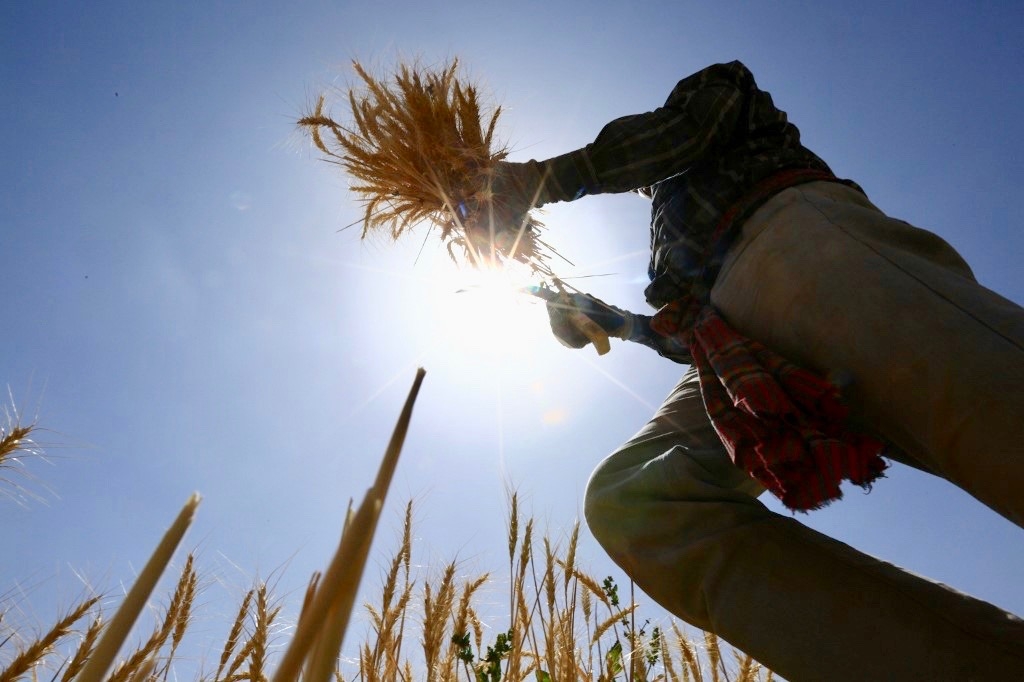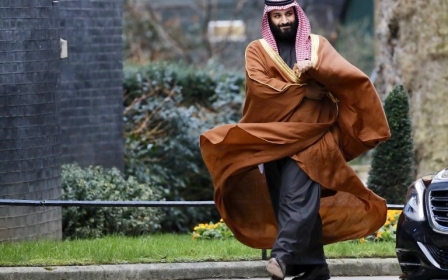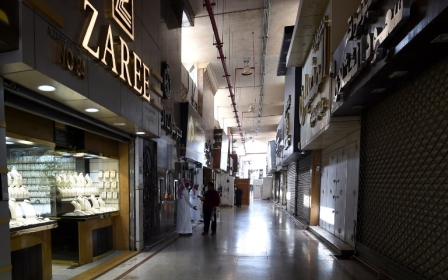Saudi Arabia says it will begin next phase of flour mill privatisation within days

Saudi Arabia's state grain buyer SAGO said it will start the next phase of the sale of its flour mills on Wednesday, which will see pre-qualified bidders perform due diligence and present financial offers.
The sale is one of the first privatisations the kingdom is planning as part of a wide-reaching overhaul of its economy, Reuters said.
Vision 2030, the economic package designed to wean the kingdom off oil and diversify its economy, hinges on a bigger role from the private sector, which contributes about 40 percent of Saudi GDP, with Riyadh aiming to raise that to 65 percent.
The sale of Saudi flour mills has attracted interest from some of the world's biggest agribusiness firms, including Archer Daniels Midland and Bunge. However, grain industry sources have said that the lengthy privatisation process has discouraged some potential bidders.
SAGO, in its statement on Sunday, did not identify successful pre-qualified bidders from the first phase of the process last year.
Still, privatisation of the flour milling sector is seen as a litmus test for other large state asset sales to follow.
Large grain market players' interest in SAGO's mills comes as Saudi Arabia grows increasingly dependent on grain imports. The kingdom has become a major importer of wheat and barley since abandoning plans in 2008 to become self-sufficient because farming in the desert was draining scarce water supplies.
Total Saudi wheat consumption in 2017-18 was about 3.5 million tonnes based on data provided by SAGO, with wheat flour consumption at about 2.8 million tonnes, according to World Grain.com.
SAGO is the exclusive importer of subsidised food-grade wheat in Saudi Arabia. The organisation imports mainly hard wheat directly through public tenders open to registered international exporters, the US Department of Agriculture’s Foreign Agricultural Service said.
Middle East Eye delivers independent and unrivalled coverage and analysis of the Middle East, North Africa and beyond. To learn more about republishing this content and the associated fees, please fill out this form. More about MEE can be found here.





